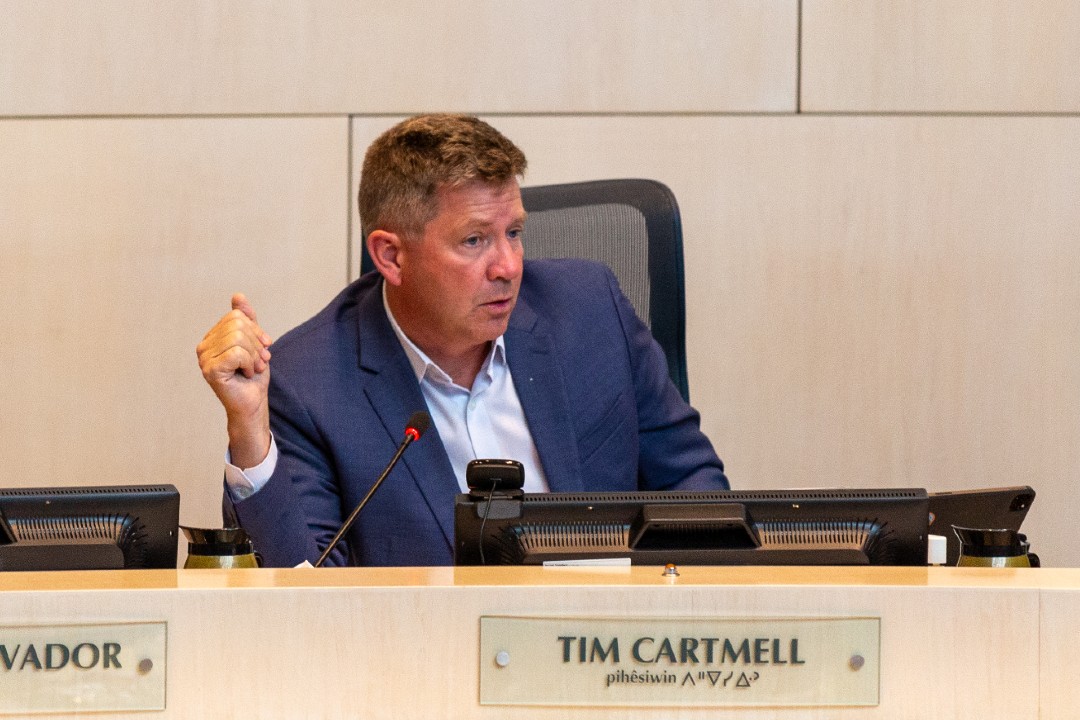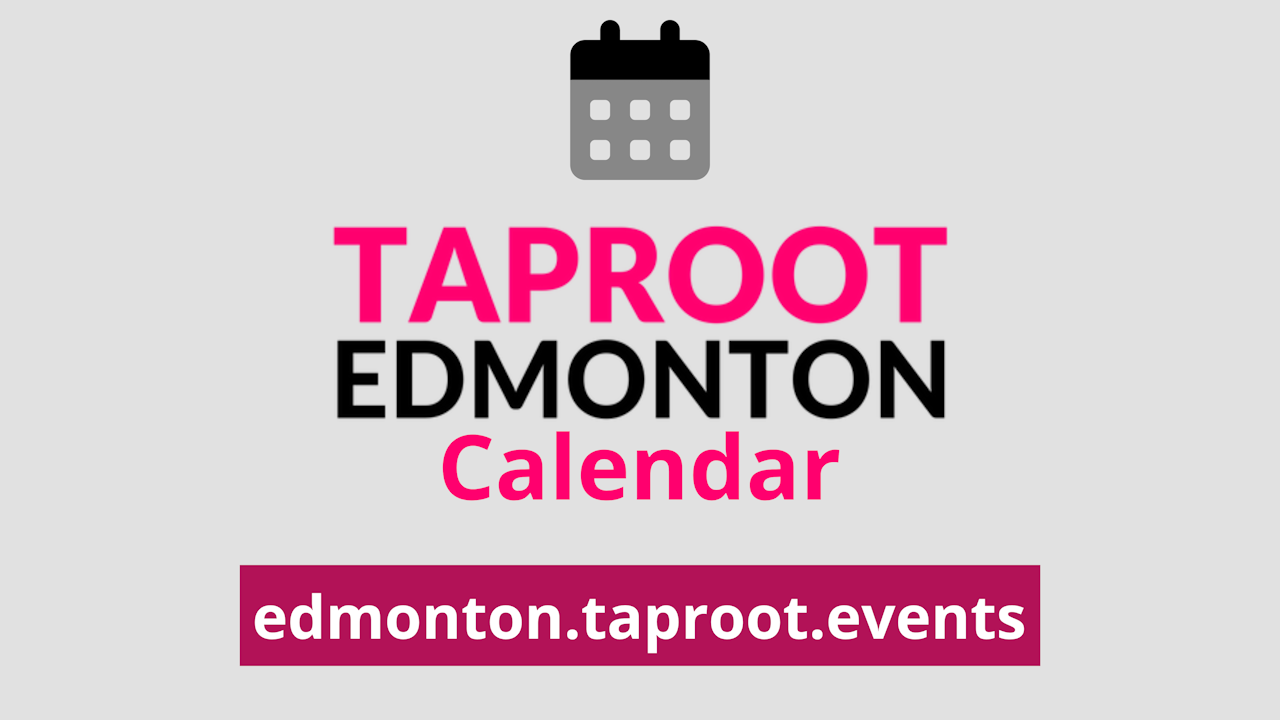
Cartmell to push for social agencies to prove value
An Edmonton city councillor wants to use data to track whether homeless-serving organizations that receive city money are improving people's lives, but some in the sector question the effectiveness of more data collection and reporting.
Coun. Tim Cartmell said there needs to be proof that the social service agencies in the city are effective and efficient because they are partially funded with public dollars.
"There's some need, I feel, for some formalized data collection so that we can aggregate it, so we can know what we're doing and know how to evolve," Cartmell told Taproot.
Edmonton's finances are in a tough state. Recently, city council approved an 8.9% property tax increase for 2024. Cartmell said public pressure to cut costs is significant but, without data, he struggles to point to the work social service agencies perform and say that it's important. "Intuitively, it's important," Cartmell said. "Pragmatically, I can't prove that our investments are meaningful."
In 2023, Cartmell asked city administration to prepare a report that detailed all homeless-serving social agencies in the Boyle Street, McCauley, and Central McDougall neighbourhoods, the services they provide, and the municipal funding they receive. The resulting report said the city provides or has committed $22.2 million from 2022 to 2026 towards 10 of the 17 homeless-serving organizations in the area through various funding streams.
Cartmell suggests several metrics could determine if such services are effective. He proposes measuring whether a person using a service can progress from accessing crisis-level services to a situation where they have secure housing, a job, and access to mental health care. He also proposes surveying clients to determine what services they access and why. "Who is seeking what, why are they seeking it, and what agencies are being avoided?"
In countless discussions at city hall, many of Cartmell's council colleagues have questioned whether homelessness, mental health, and addiction are even in the city's jurisdiction, or if the province or federal government should step in rather than the city.
Cartmell, however, thinks collecting more data can help curate a less adversarial conversation. "Right now, I think we're exchanging opinions and subjective views. But if we can actually point to solutions that actually work and actually move people forward in their life journey, we can then turn to the province in a data-informed way to say, 'This works.'"
But collecting this type of data could be redundant, time-consuming, and misleading, said Susan Morrissey, executive director of the Edmonton Social Planning Council.
"I get it, there's the desire to want to ensure that (with) any money that the city is spending there's an accountability loop, and there's a way to be able to make sure that agencies and organizations that are receiving funding are actually using it for the purpose it's supposed to be used for and then are showing some sort of results," Morrissey said.





